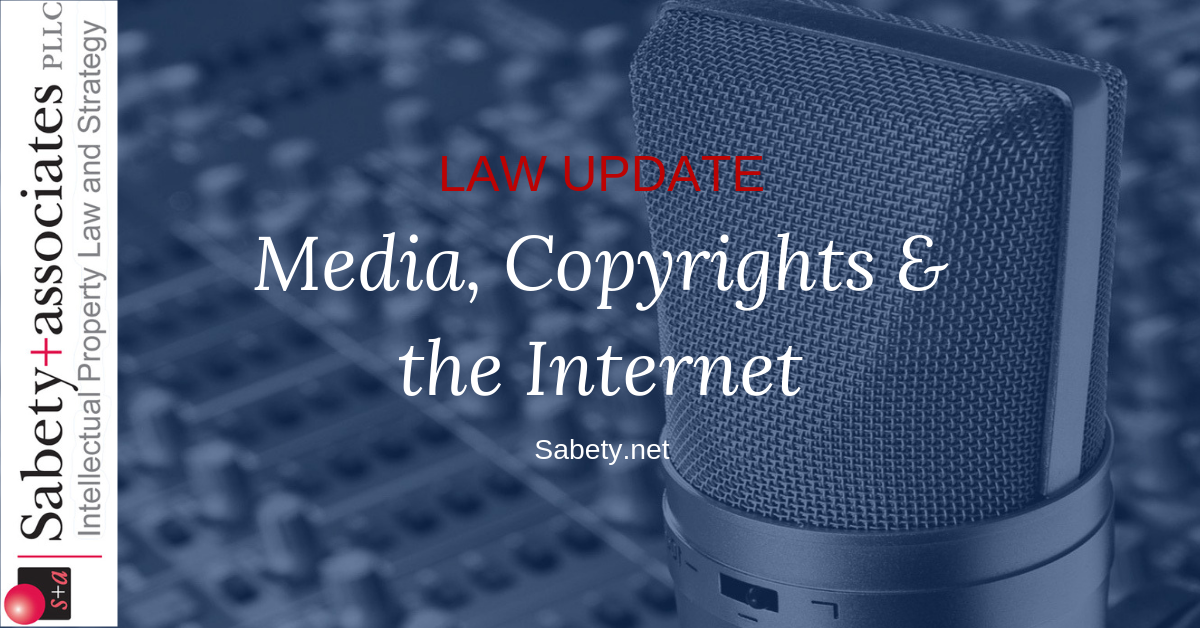There is a new impediment for copyright owners trying to police the unauthorized use of copyrighted works in user-generated online content, especially videos.
The Federal appeals court Ninth Circuit ruled in Lenz v. Universal Music that a copyright owner has to consider whether “fair use” authorizes the use of their copyrighted works posted online before submitting a DMCA notice-and-takedown to the website hosting the offending content.
Turning traditional copyright doctrine on its head, the court found that “fair use” is not so much a defense to copyright infringement (an affirmative defense that the defendant has the burden to prove) but a “right” in and of itself that a plaintiff would have to prove doesn’t apply.
This is a landmark because it gives rise to the notion that the public has a right to use of other people’s copyrighted works without their permission in the notoriously nebulous category of “fair use”, and shift the burden of proving otherwise on the copyright owner.
It may mean that a properly pleaded copyright infringement complaint must assert that fair use does not apply, and the copyright owner has to prove that there is no factual basis for fair use—a highly fact-specific area of copyright law.
This may severely curtail the ability to resolve copyright infringement at the summary judgment phase—further raising costs on copyright owners seeking to enforce their exclusive rights.
After the Lenz case, each detected unauthorized use has to be reviewed for a “fair use” determination before any DMCA notice-and-takedown is issued, in order that the copyright owner avoids liability.

